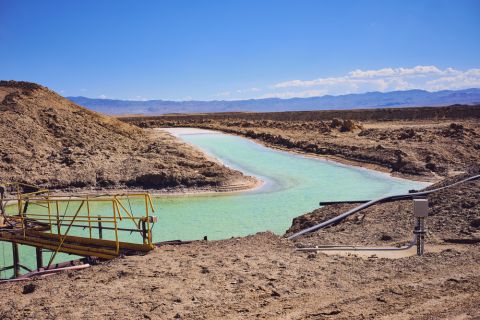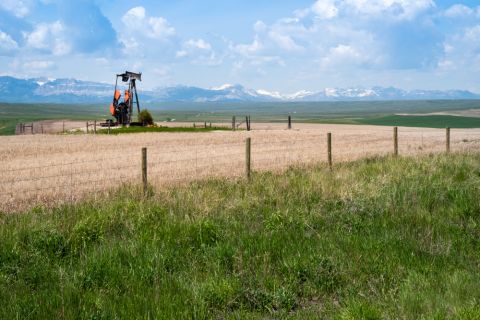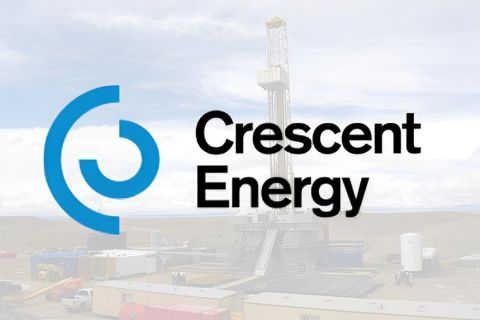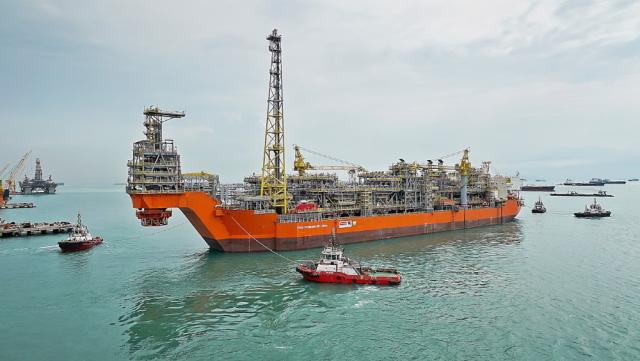
The FPSO Pioneiro de Libra serves the Libra Field offshore Brazil. (Source: Felipe Kateb/ Petrobras)
RIO DE JANEIRO—One of the most promising oil assets offshore Brazil, the Santos Basin’s giant Libra presalt field, is on a digital mission.
Petrobras is working to turn the field into its first 100% digital oil asset, according to Petrobras’ Applied Technology Manager Sylvia dos Anjos.
“Libra will be the first fully digitally connected asset operated by the company. The goal is to use data and digital information to monitor and diagnose trends” that play roles in security, project development and field performance by 2024, Anjos said this week at O&G TechWeek 2019.
To achieve this goal, she said it is necessary to optimize and redesign processes, train and engage teams and implement and customize technologies.
Libra, one of the largest presalt fields in development, has 31 databases and 134 systems, according to Petrobras. It currently produces about 58,000 barrels of oil per day.
“Companies involved in building equipment and vessels in the Libra presalt area are developing process digitization initiatives already. Activities in the Mero Field [the northwestern part of Libra] began two years ago and we have seen a fast development in digital technologies,” Anjos said. “As we begin the bidding process for new FPSOs [Mero 3 and Mero 4], we can then imagine the advances in digitization processes to be applied. Companies like SBM Offshore [and] Modec are all heading towards the digitization process.
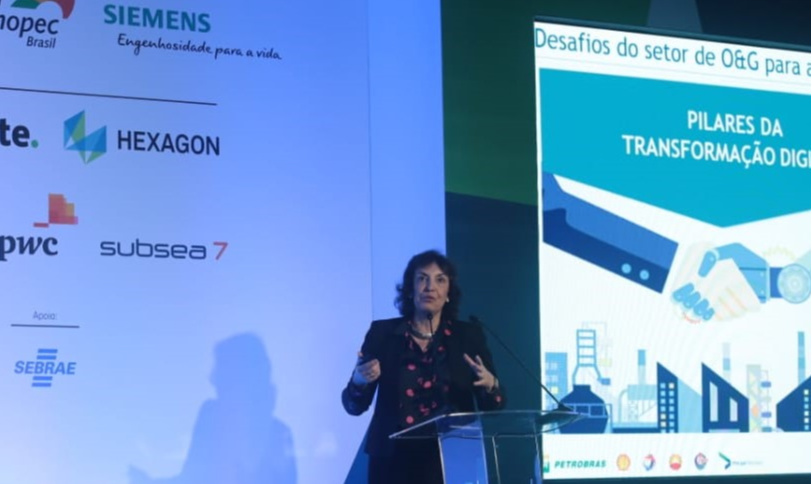
“So, when we start the Mero 3 and Mero 4 bidding process we will be able to include in the requirements, the new digital tools, that are being developed today,” she said.
When FPSO Mero 1 begins to operate, the vessel will include new digital tools implemented by the company and such tools can also be included in requirements for future tenders, Anjos added.
FPSO Mero 1, scheduled to begin production in 2021, will be operated by the Japan’s Modec.
FPSO Mero 2, scheduled to enter operation in 2022, will be operated by the Dutch-based SBM Offshore.
“Digitalization helps to reduce costs,” Anjos said. By using data analytics, for example, the company can look into ways to avoid production downtime, she added.
In addition, Anjos said Petrobras is deploying data lake and blockchain technology at Libra.
A data lake is a centralized repository that allows a company to store its structured and unstructured data at any scale. Data can be stored as-is, without having to first structure the data, and run different types of analytics—from dashboards and visualizations to big data processing, real-time analytics and machine learning to guide better decisions.
A data lake is already being implemented in the Mero Field and blockchain will help the company in the areas of hiring, communication and collecting data, she said.
Libra is estimated to hold 8 to 12 billion barrels of oil equivalent, according to Brazil’s oil and gas regulator ANP. The field is operated by Petrobras as part of a consortium that comprises Royal Dutch Shell, Total, China National Offshore Oil Corp. and China National Petroleum Corp.
The area features reservoirs that are among the most productive in the country, with oil columns that reach up to 400 m in thickness—equivalent to the height of the Sugar Loaf mountain.
The FPSO Pioneiro de Libra will operate Early Production Systems for other Mero wells. According to Petrobras, the next step is to replace the current gas injector well by another one located closer to the producer well. After this step, the vessel will be unanchored and moved to a new location in the Mero Field.
High flow rates and pressures, the significant presence of gas associated to oil and high CO2 content also demand development of solutions to boost well productivity.
Among the pioneering solutions was installation in the area of the first FPSO dedicated exclusively to extended well tests capable of reinjecting produced gas. “This innovation brings better results to the consortium and the environment, because it allows the elimination of continuous burning of gas, thus minimizing CO2 emissions into the atmosphere and enabling the production of wells at their maximum potential,” Petrobras said.
Recommended Reading
Kimmeridge Fast Forwards on SilverBow with Takeover Bid
2024-03-13 - Investment firm Kimmeridge Energy Management, which first asked for additional SilverBow Resources board seats, has followed up with a buyout offer. A deal would make a nearly 1 Bcfe/d Eagle Ford pureplay.
M4E Lithium Closes Funding for Brazilian Lithium Exploration
2024-03-15 - M4E’s financing package includes an equity investment, a royalty purchase and an option for a strategic offtake agreement.
Laredo Oil Subsidiary, Erehwon Enter Into Drilling Agreement with Texakoma
2024-03-14 - The agreement with Lustre Oil and Erehwon Oil & Gas would allow Texakoma to participate in the development of 7,375 net acres of mineral rights in Valley County, Montana.
California Resources Corp. Nominates Christian Kendall to Board of Directors
2024-03-21 - California Resources Corp. has nominated Christian Kendall, former president and CEO of Denbury, to serve on its board.
Uinta Basin: 50% More Oil for Twice the Proppant
2024-03-06 - The higher-intensity completions are costing an average of 35% fewer dollars spent per barrel of oil equivalent of output, Crescent Energy told investors and analysts on March 5.


